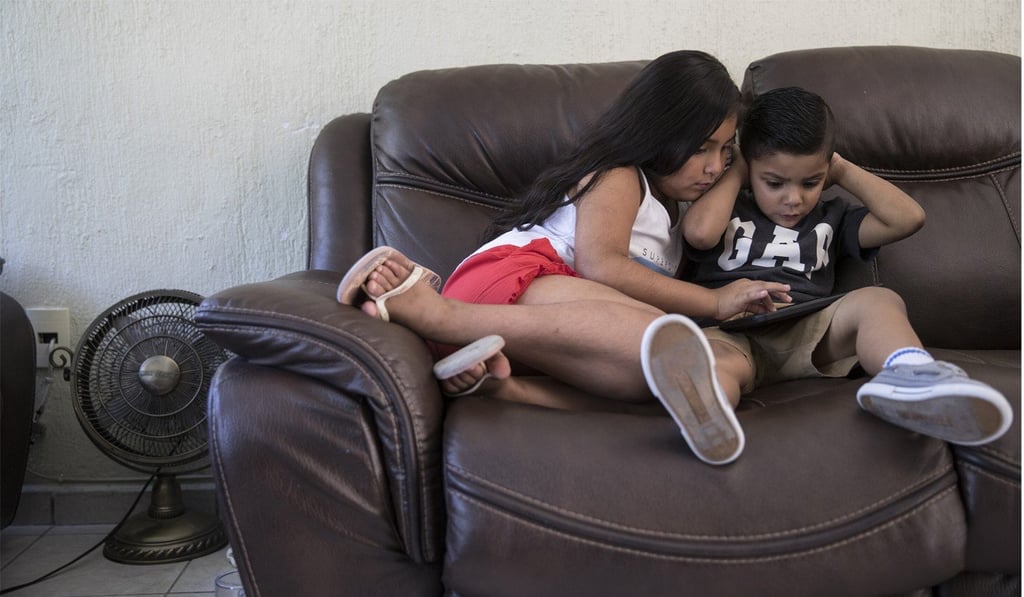Touchscreen-addicted children’s hands are becoming too weak to hold pencils, doctors warn
‘It’s easier to give a child an iPad than encouraging them to do muscle-building play such as building blocks … they’re not developing the underlying foundation skills they need to grip and hold a pencil’

Children are increasingly finding it hard to hold pens and pencils because of an excessive use of technology, senior paediatric doctors in Britain have warned.
An overuse of touchscreen phones and tablets is preventing children’s finger muscles from developing sufficiently to enable them to hold a pencil correctly, they say.
“Children are not coming into school with the hand strength and dexterity they had 10 years ago,” said Sally Payne, head paediatric occupational therapist at the Heart of England foundation NHS Trust. “Now, children coming into school are being given a pencil but are increasingly not be able to hold it because they don’t have the fundamental movement skills.

“To be able to grip a pencil and move it, you need strong control of the fine muscles in your fingers,” she added. “Children need lots of opportunity to develop those skills.”
When he got to school, they contacted me with their concerns: he was gripping his pencil like cavemen held sticks
Six-year-old Patrick has been having weekly sessions with an occupational therapist for six months to help him develop the necessary strength in his index finger to hold a pencil in the correct, tripod grip.